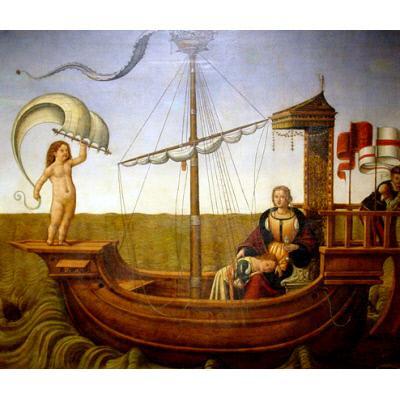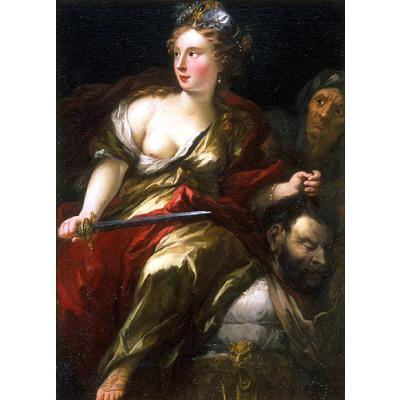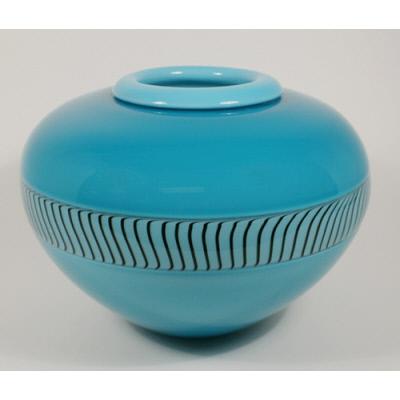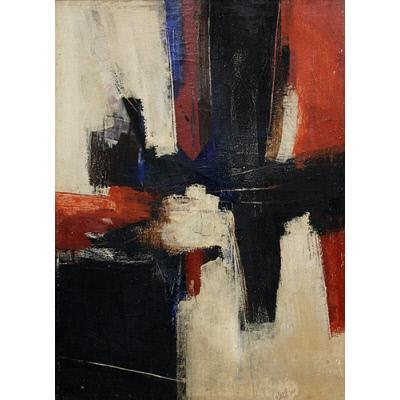Art history visual analysis paper

Title: The Ship of Love
Date: ca. 1500
Period: Renaissance
Related People:
Artist/Maker: Artist Unknown
Attribution: Unknown Artist, Northern Italy
Culture: Italian
Medium: tempera on wood
Dimensions: Sight: 25 x 29 1/2 in. (63.5 x 74.9 cm)
Framed: 34 x 38 3/4 x 4 in. (86.4 x 98.4 x 10.2 cm)
Credit Line: Gift of The Samuel H. Kress Foundation
Provenance: Donated to the Lowe Art Museum in 1961 by The Samuel H. Kress Foundation, New York, NY. Sold July 17, 1950 to Samuel H. Kress, New York, NY (as Ercole Roberti). Collection of Count Alessandro Contini Bonacossi, Rome-Florence, Italy. Collection of Otto Lanz, Amsterdam, The Netherlands by 1934.
Description: The imagery of this painting is unparalleled among surviving secular works of the Italian Renaissance, however, a number of features suggest that it is an allegory about love and marriage. Cupid, the god of love, stands on the bow of the ship, guiding it under the protection of Fortune, represented by a statuette atop the canopy of the throne. Inscribed on the canopy is the Latin phrase: “Poems are praised, but costly gifts are sought; so he [the lover] be wealthy, even a barbarian pleases. Now truly is the age of gold: by gold comes many an honor, by gold is affection gained” (Ovid’s Ars Amatoria, 2.277-78). The sleeping maiden dreams of love, whereas her older companion understands the realities of marriage in the Renaissance Italy: she holds a covered chalice symbolizing constancy and faithfulness, and leans upon the arm of the throne decorated with a relief sculpture of a putto bridling a hybrid monster representing the restraint of lust. The origins of the Ship of Love are unknown, but it probably was part of the lavish furnishings of a bedchamber, antechamber, or study of a patrician’s palace.
Place Made: Italy

Title: Judith with the Head of Holofernes
Date: ca. 1670-1680
Period: Baroque
Related People:
Artist/Maker: Pietro Dandini
Attribution: Pietro Dandini, Italy, 1646-1712
Culture: Italian
Medium: oil on canvas
Dimensions: Sight: 53 x 39 in. (134.6 x 99.1 cm)
Framed: 61 1/2 x 47 1/2 x 3 in. (156.2 x 120.7 x 7.6 cm)
Credit Line: Gift of George Farkas
Provenance: Donated to LAM in 1951 by George Farkas, New York, NY.
Description: The biblical story of Judith, the Jewish widow who saved the Israelites by beheading the Assyrian general Holofernes, was an enormously popular subject in European literature and art beginning in the Middle Ages. In addition to her importance as a heroine and defender of her people, Judith was considered a precursor of Christian triumphs, a prefiguration of Christ’s victory over death, a prototype of the Virgin and the Church, and the embodiment of many sterling virtues. Judith with the Head of Holofernes illustrates the immediate aftermath of the gruesome slaying. Judith holds the bloodied sword with which she has decapitated Holofernes, but she has not yet given the general’s head to her maidservant, Abra, to be placed in a basket in preparation for leaving the enemy camp. The heroine’s beauty, fine clothing, jewels, and bared breast remind the viewer of the sexual entrapment that lead to the downfall of Holofernes, whose lifeless head appears less threatening than the grotesque gargoyle on the stool where Judith is seated.
Place Made: Florence

Title: Turquoise Vessel
Date: 1984
Period: Contemporary
Related People:
Artist/Maker: Lino Tagliapietra
Attribution: Lino Tagliapietra, Italy, b. 1934
Culture: Italian
Medium: blown glass
Dimensions: Overall: 9 3/8 x 12 1/2 in. (23.8 x 31.8 cm)
Credit Line: Promised gift of Myrna and Sheldon Palley
Provenance: Lent to LAM in 2005 by Myrna Palley, Miami, FL as a promised gift.
Place Made: Italy

Title: Untitled
Date: 1958
Period: Modern
Related People:
Artist/Maker: Guido Llinás
Attribution: Guido Llinás, France (born Cuba), 1923-2005
Culture: Cuban
Medium: oil and paper on canvas
Dimensions: Sight: 28 x 20 5/8 in. (71.1 x 52.4 cm)
Framed: 30 1/4 x 22 7/8 x 1 7/8 in. (76.8 x 58.1 x 4.8 cm)
Credit Line: Donation from the Cuban Museum of the Americas, Bequest of the Rafael Casalins Estate
Provenance: Donated to LAM in 1999 by the Cuban Museum of the Americas, Miami, FL. Bequeathed to donor by Rafael Casalins.
Place Made: France



